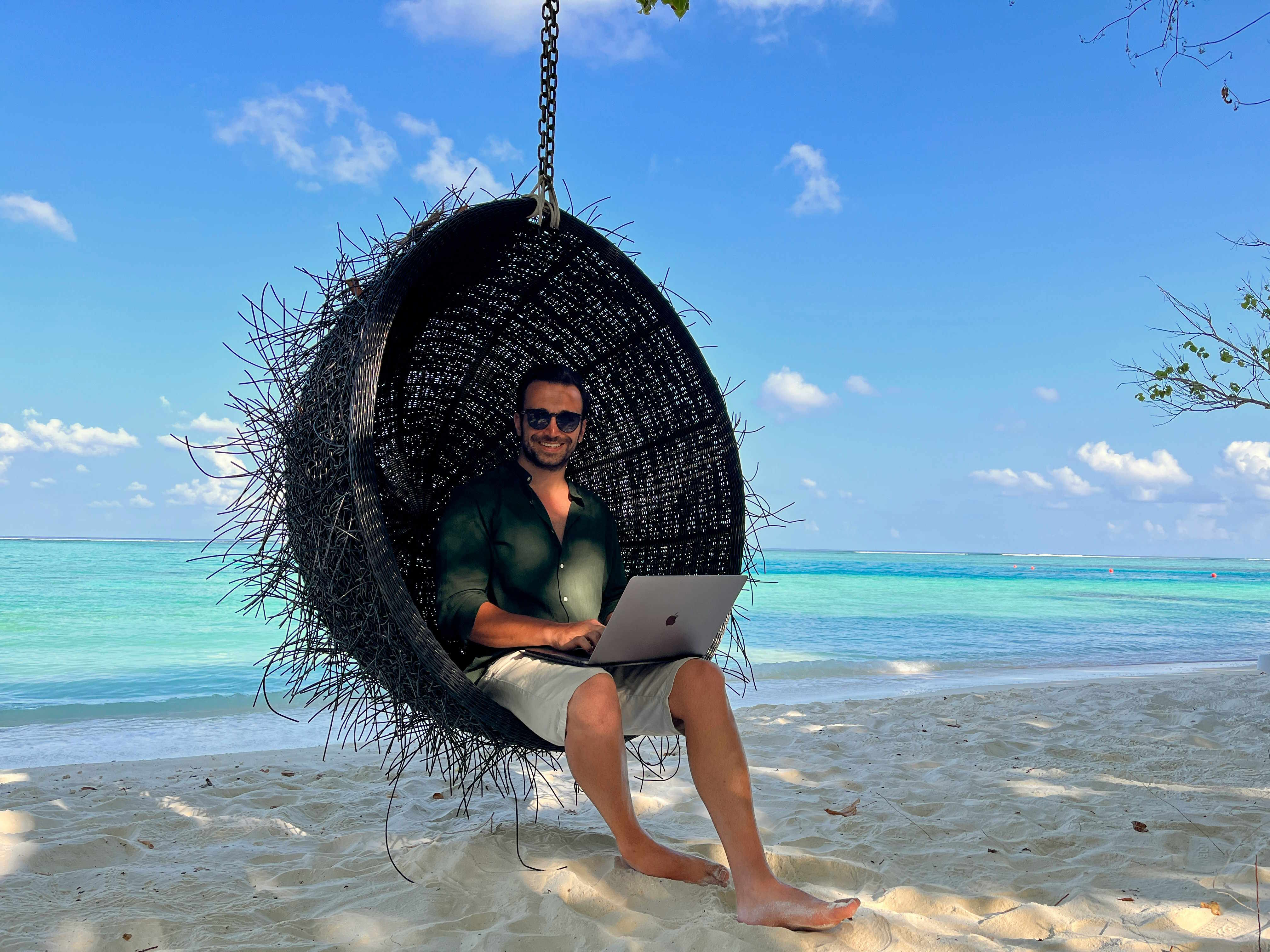Blurring Lines: The Revolution of Workcations in the Travel Industry
The concept of workcations, a blend of work and vacation, is rapidly changing the landscape of travel and transportation. No longer are holidays merely a break from work; they are now a unique and exciting way to combine professional responsibilities with leisure activities. Read below to delve deeper into this emerging trend.

The Birth of Workcations
Workcations are the result of a paradigm shift in workplace culture. With remote work becoming the norm due to the COVID-19 pandemic, individuals are seizing the opportunity to travel while fulfilling their professional obligations. This trend is redefining the traditional vacation model, transforming it into a more flexible and appealing option for a wide range of travelers.
Impact on the Travel Industry
The rise of workcations has spurred significant changes in the travel industry. Hotels and resorts are now offering tailored packages for remote workers, complete with high-speed internet, dedicated workspaces, and extended stays. Transportation companies are also adapting their services to accommodate this new breed of travelers, providing more flexible and long-term travel options.
Workcations and Local Economies
Workcations bring with them the promise of sustained economic support for local communities. Longer stays mean more money spent on accommodation, food, and local attractions. This steady inflow of funds can be a lifeline for tourist destinations that have been hit hard by the pandemic.
The Future of Workcations
The future of workcations looks promising. As companies continue to embrace remote work, and employees relish in the newfound flexibility, this trend is likely to grow. It will not only reshape the travel and hospitality industry but also influence urban planning, as cities may need to cater to the influx of temporary resident workers.
Challenges and Considerations
Despite its appeal, the workcation trend presents certain challenges. Issues like time zone differences, work-life balance, and internet connectivity in remote areas can pose problems. Additionally, there are potential legal and tax implications to consider, particularly for international workcations.
Useful Tips and Facts: - Choose destinations with reliable internet and conducive work environments. - Be mindful of time zone differences when scheduling work commitments. - Research any potential tax or legal implications before embarking on a workcation.
Conclusion: The blurring lines between work and vacation have given birth to the workcation trend. With its potential to revolutionize the travel industry and support local economies, this trend is certainly one to watch. However, it also calls for careful planning and consideration to ensure a seamless blend of work and leisure.




